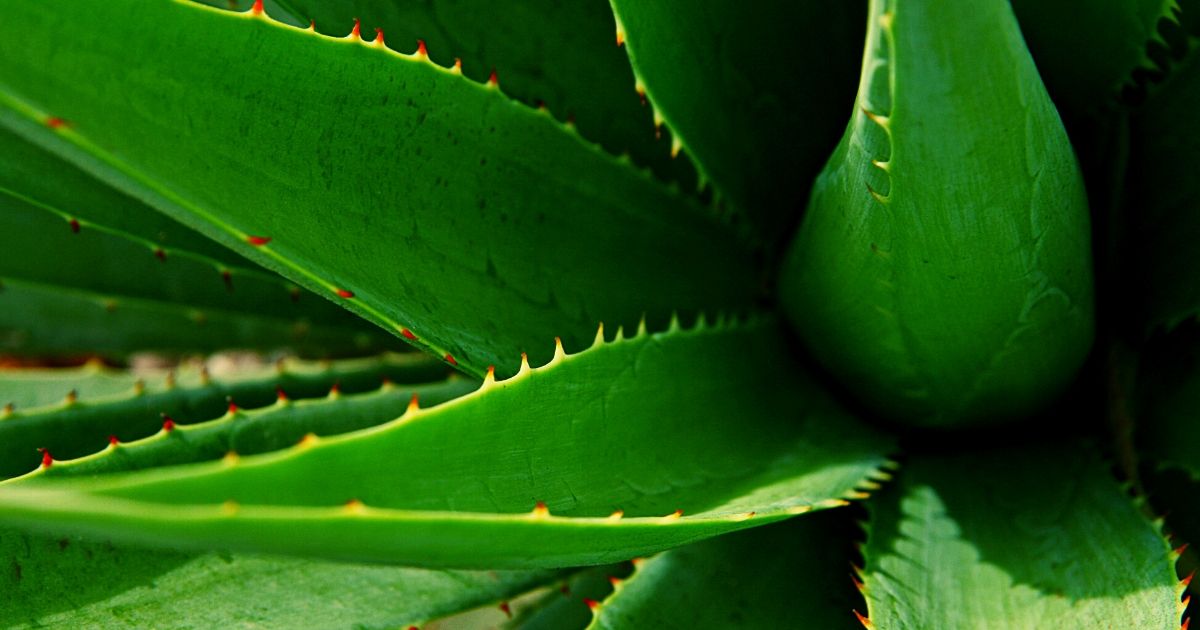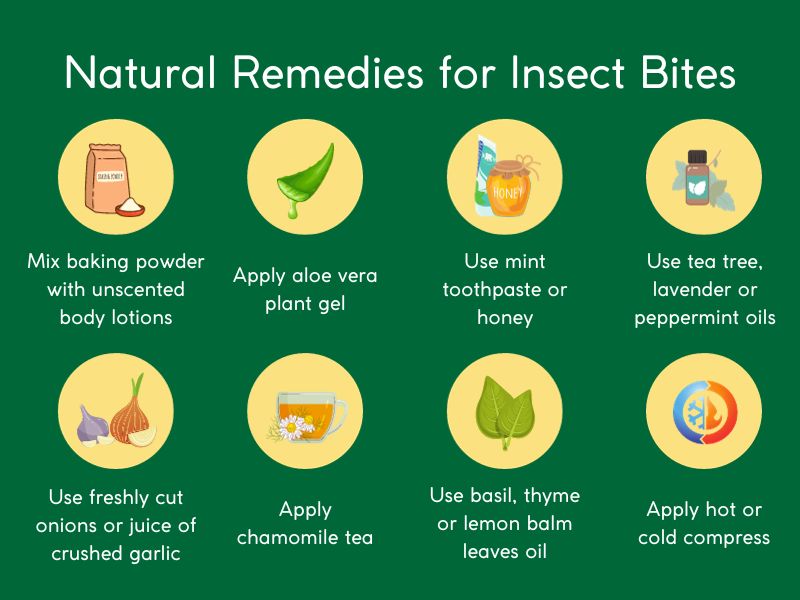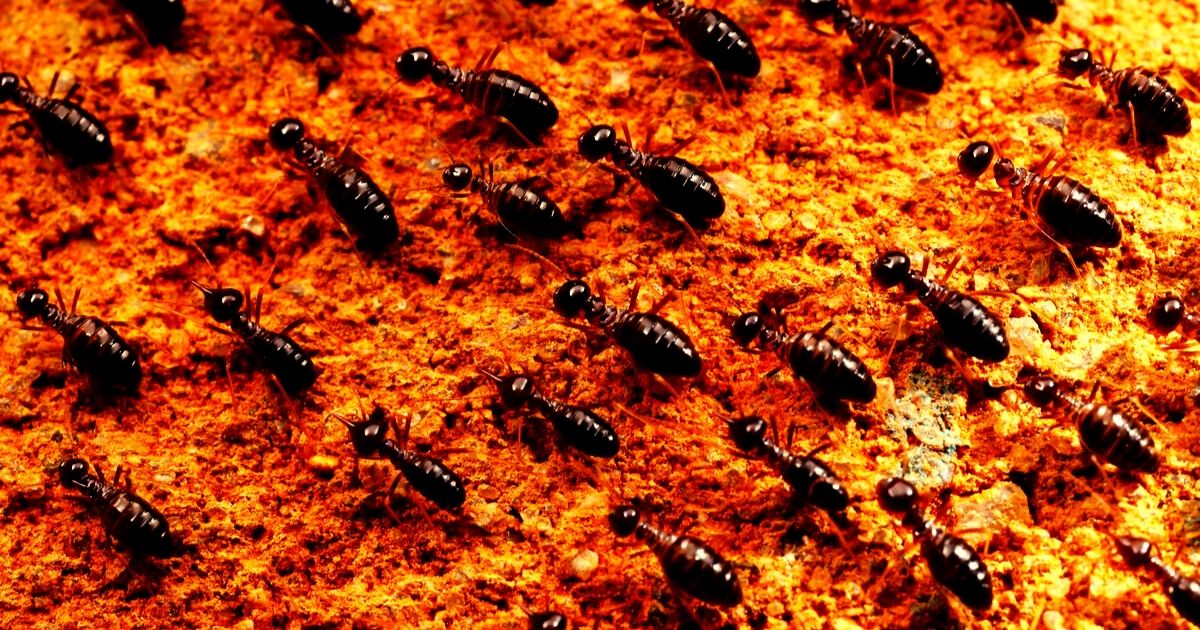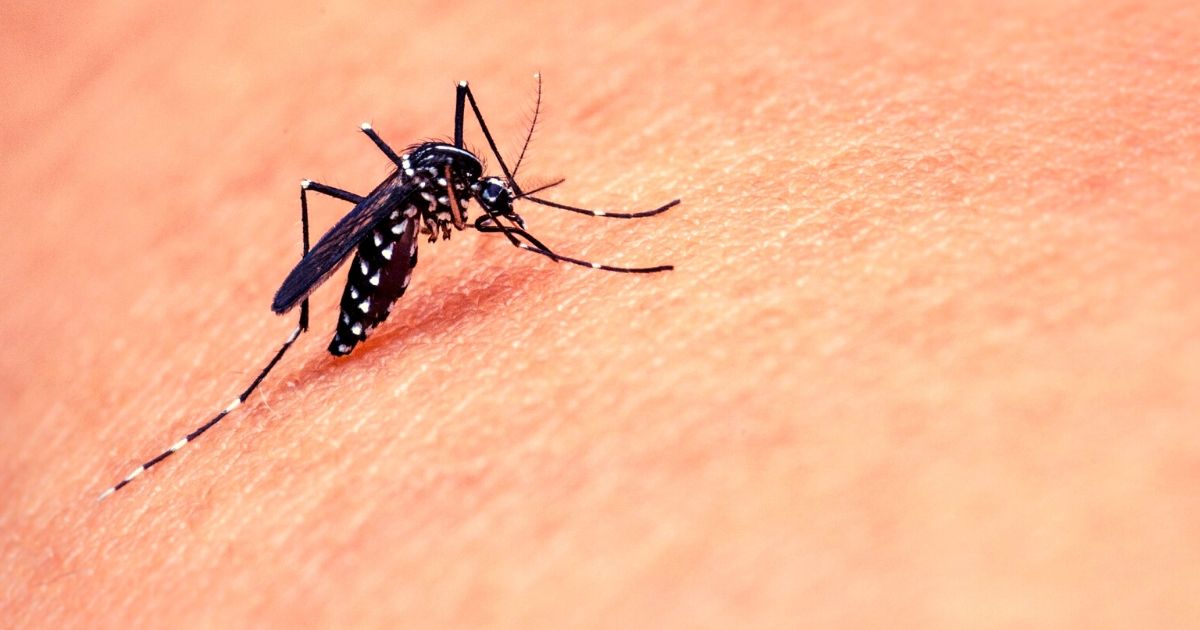Natural Remedies for Insect Bites

Not everyone feels comfortable using certain insect bite medications because of their potentially harsh ingredients. For people suffering from insect bites but dissatisfied or uncomfortable with chemical solutions, there are natural remedies that can help soothe irritation and swelling. Some can also reduce redness and even repel pests like mosquitoes due to their scent.
So, what can someone do to stop uncomfortable sensations?
Baking Powder
One of the first available solutions is to mix baking powder with unscented body lotions.
The baking powder reduces inflammation and redness while the lotion holds it in place.
Anyone who has ever worked with baking powder knows that it refuses to stay in one location for long, so it is important to find a mild adhesive to help! The mixture can be left for ten minutes and then wiped away with a damp cloth. As it is mild, affected people can reapply the mixture as often as needed. A similar material is oatmeal, which can be mixed with water and then applied as a paste.

Soothing Aloe
Another potential remedy is aloe vera. This spiky plant produces a thick, sticky gel inside of its tendrils which can be scooped out and applied to insect bites, burns, and other forms of skin irritation.
Pro Tip: Aloe vera's composition helps sooth bites and redness and contains a healthy amount of water and antioxidants.
To this day, it is one of the only natural remedies which is also frequently used by doctors, pharmaceutical companies, and the beauty industry. Chances are that if someone has received a sunburn, they have used aloe vera. The same properties that calm these burns also help fight back against the irritation of insect bites.
Mint Paste or Honey
People who are not afraid to deal with stickiness can use common household items like toothpaste or honey. Mint toothpaste is especially potent because the mint cools the affected site and can numb pain and discomfort while reducing swelling and redness.
Honey possesses antibacterial properties that can help prevent some common forms of skin irritation.
The thick substance additionally helps stop itching and can keep children from scratching at insect bites. Both items can be bought from local grocery and general stores, making them quick remedies to a common problem.
Essential Oils
Finally, there are products with calming scents and properties.
One method individuals can use is to develop a peppermint paste, which cools the inflamed and annoying site of an insect bite.
Chickweed has a similar effect and can be found at many herbal stores. Another common natural remedy is the use of essential oils, which have gained popularity in recent years. Tea tree oil has been shown to be particularly effective because of its antiseptic properties, while lavender and peppermint have similar effects and a more nuanced smell. The only downside to these methods is that the scents can be irritating to people with sensitive noses or skin, so they might need to be diluted.
Hot or Cold Compress
The immediate reaction to an insect bite is often an urge to scratch it, but this can lead to further irritation. Instead, try applying cold compress of crushed ice wrapped in a cloth to the affected area. The cold will help reduce swelling and numb the itching sensation. Don’t put ice directly on your skin as it can cause damage.
A warm compress may also be a solution for itching and inflammation caused by insect bites. Just soak cloth in warm water and apply them to insect bites for relief.

Herbal Therapy
Some herbs like basil and thyme are known for their anti-inflammatory and antibacterial properties. To reduce itching and prevent infection, crush fresh basil leaves to release their natural oils, then apply them directly to the insect bite. You can also create a thyme-infused oil by steeping thyme leaves in olive oil for a few days.
Lemon balm, a member of the mint family, is also used for soothing insect bites. Crush fresh lemon balm leaves and apply the juice directly to the bite.
Kitchen Remedies
Some vegetables can also provide relief from itching. Try applying slices of freshly cut onions or juice of crushed garlic to the bite. Alternatively, you can also apply onion juice to the affected area.
Chamomile Tea
Chamomile tea is also known for its calming and soothing effects. Prepare a cup of chamomile tea, let it cool, and then apply it to the affected area using a clean cloth or cotton ball. You can also place used chamomile tea bags directly on the bite.
Conclusion
Most of these natural remedies can be found at regular stores, and some are even used in pharmacies as common treatments. By using one of these solutions to insect bites, individuals can prevent potential further irritation from the bite and the chemicals in more processed materials like antihistamine creams. Nevertheless, if swelling and irritation persist after trying these home remedies, you should follow up with your GP to be prescribed the appropriate treatment.
Frequently Asked Questions
Some insect bites can cause flu-like symptoms, including fever. Fever can also be a symptom of more serious diseases that certain insects can transmit to people.
Sometimes insects can cause severe allergic reactions or spread serious illnesses if the insects carry certain viruses or parasites.
Bites from more dangerous insects poisonous spiders or insects that transmit diseases are dangerous and can be deadly, so it’s important to immediately get medical help.







